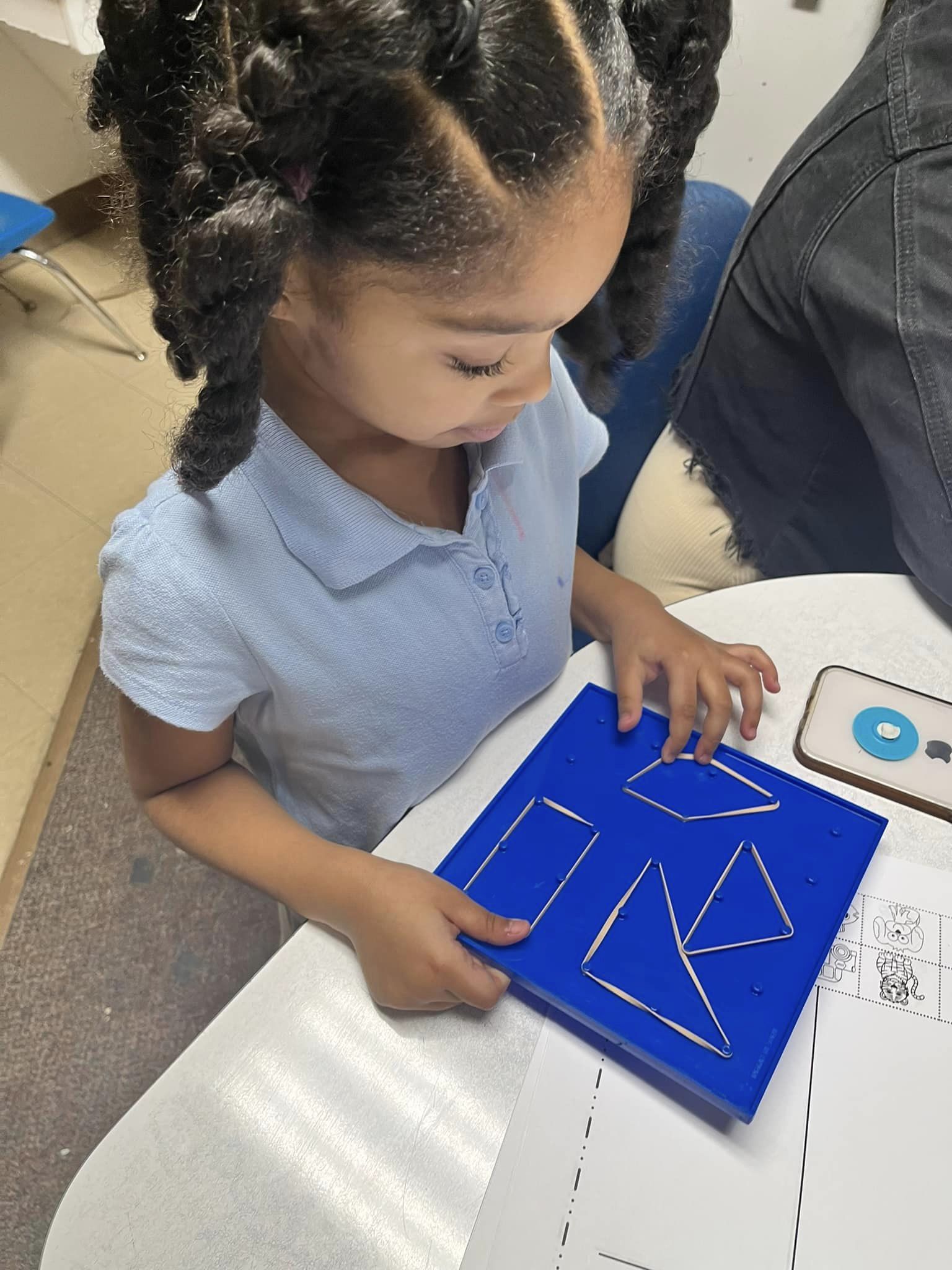Attendance Policy
Importance of Daily Attendance: Achieving Success through Regular School Attendance
Attendance Procedures
 Achievement and attendance are highly related. Each student should attend school daily. Rules and regulations regarding excessive absenteeism and tardiness shall be enforced.
Achievement and attendance are highly related. Each student should attend school daily. Rules and regulations regarding excessive absenteeism and tardiness shall be enforced.- Students are expected to be in school, on time, every day. Occasionally, absence or tardiness cannot be avoided. Absences may be “excused” or “unexcused”. An absence may be excused if the student brings a note, in advance or within three (3) days of the child’s return to school signed by his/her parent/guardian stating the reason. Ohio Revised Code lists the following reasons for an excused absence:
- Personal Illness. (The principal may require the certificate of a physician if he/she deems it advisable.)
- Illness in the family if the child is fourteen (14) or older.
- Quarantine of the home. (The absence of a child from school under this condition is limited to the length of quarantine as fixed by the proper health officials.)
- Serious illness or death of a relative.
- Observance of religious holidays.
- Court subpoena.
- Necessary work at home due to the absence of parents/guardians.
- Instruction at home from a person qualified to teach the branches of education in which instruction is required.
- Emergency or set of circumstances that, in the judgment of the principal constitutes good and sufficient cause of absence from school.
- Parents/Guardians must notify the school on the day a student is absent unless the child’s teacher or office administrative assistant has been notified in advance of the absence. Lacking parental notification of a student’s absence, the principal/designee or teacher will notify the parent of the student’s absence by telephone or a written notice on the same day the student is absent.
- If a student is dismissed early for a doctor’s appointment or for another valid reason, the student must bring a note signed by his/her parent or guardian. The parent must meet the child in the school office before the child will be excused.
- All other absences are “unexcused” as determined by the principal and include but are not limited to truancy, oversleeping, personal appointments (hairdresser, etc.) and unapproved vacations.
Attendance Problem Procedures
- Early dismissals during the last 30 minutes of the day are very disruptive and should be avoided.
- Chronic tardiness or absence shall be dealt with initially by phone contact from the classroom teacher to the absent student’s parent(s) or guardian. If the teacher is unable to reach the parent or guardian by phone after a reasonable effort has been made, a form shall be sent home with a copy going to the principal’s office, advising that attempts have been made to reach them by phone requesting the parent/guardian to contact the teacher. If this does not result in some degree of improvement, the principal shall mail a letter to the offending parent(s) or guardian stating the problem and reminding them of their legal responsibility concerning their child’s attendance in school.
- Chronic tardiness means: Being late for school more than twice in a week or more than five times in a grading period. Three tardies is equivalent to one unexcused absence.
- Chronic absence means: Unexcused absence for 4 or more days in a grading period is a serious problem. If the problem continues, the principal’s designee may be asked to help solve the problem. If a student is absent five or more consecutive days (or has five days unexcused absence) in a semester, the parent or guardian must come to the school office with the student before the student will be allowed to return to school.
- A “habitual” truant is any child of school age who is absent without a legitimate excuse for 30 consecutive hours, 42 hour or more in one month or 72 hours in a school year.
- A “chronic” truant is any child of school age who is missing 10% or more of the school year for any reason.
The parent is required to have the child attend school immediately & on time after notification. If the parent fails to get the child to attend school, the school may send notice to Juvenile Court requiring the child’s parent to attend a parental education program.
Regarding “habitual” truants, Imagine Dayton will develop a plan for the parent and child. If the parent fails to follow the plan, Imagine Dayton may file a complaint in juvenile court jointly against the child and the parent. The complaint must state that the child is an “unruly child” by virtue of being a “habitual truant” and that the child’s parent violated the School Attendance Law.
Regarding “chronic” truants, if the parent fails to get the child to school and the child is considered a “chronic” truant, Imagine Klepinger Community Schooly must file a complaint in the juvenile court jointly against the child and the parent. The complaint must state that the child is a “delinquent child” by virtue of being a “chronic” truant and that the parent has violated the School Attendance Law.
Mandatory Withdraw
Ohio law requires the automatic withdrawal of any student who, without a legitimate excuse, fails to participate in 72 consecutive hours of learning opportunities during any academic year.
Truancy
Ohio law requires the School to retain a student if he/she is truant for 10% or more of the required school days and has failed two (2) courses of study unless the Principal and the teachers of the failed subjects determine that the student is academically prepared to be promoted.






















